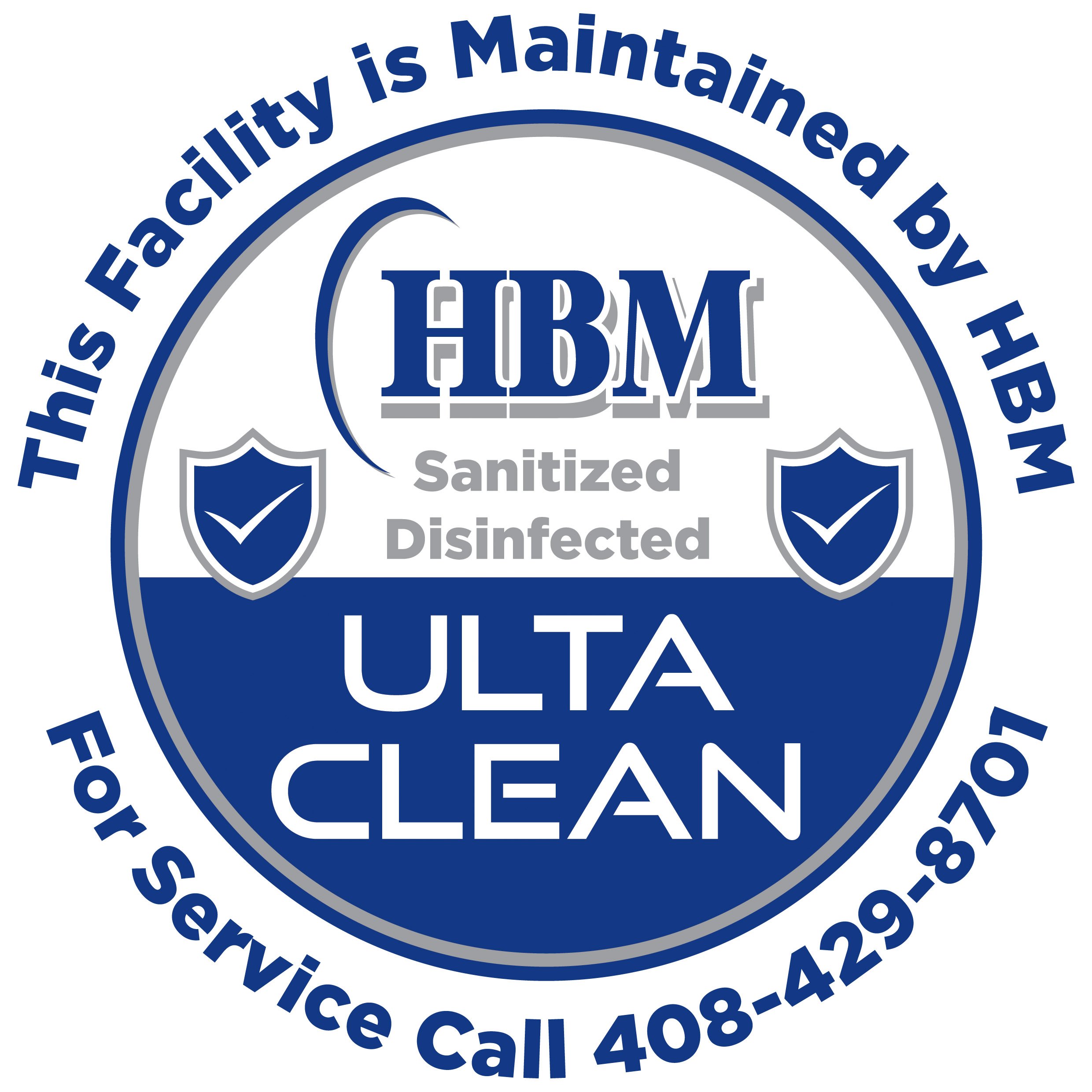Congratulations, you're the proud manager of a commercial pool in sunny California! Now what? While it may seem like a job that's all fun in the sun, managing a pool comes with its own set of challenges and responsibilities. Pool maintenance was a very scary and vulnerable arena for me when I began over a year ago, and I struggled to keep up with everyday demand while trying to learn as much as I could as fast as I could about pools and pool management.
This week, we are hosting the Junior Olympics for Girls Water Polo and the campus is packed with teams and spectators. Our pool is showing very well and the water is sparkling clean and perfectly balanced. We recently overhauled our pool pump room with over $100,000 in modern upgrades and this project took almost all school year to farm through multiple vendors and also to gain approval from the Board of Directors. However, we fought for our project and all of our hard work seems to have paid off as all systems are 'GO' for this high visibility Junior Olympics event. This experience has been very rewarding for me personally as a full circle moment in which I went from knowing the bare minimum about the pool to gaining great competency, as well as dragging our aging system into the 21st Century.
While reflecting on the success of this event, it is encouraging to see the progress I have made from the start of my pool management endeavor considering how daunting it was initially. My heart goes out to any manager who oversees the operations of this type of complex system. Hopefully this blog can help someone who might be in the 'deep end' of pool management to swim back to a safe place where they can effectively and confidently manage this asset. We're here to dive into the top three things you need to know so that you may grow comfortable and confident in the space of pool management, to keep your pool sparkling, and your clients smiling. So grab your sunscreen, and let's plunge right in!
1. "Just Keep Swimming," But Also Keep It Legal:
As a Facilities Director, I have managed a 500,000 gallon pool that is used by more than 100 high school students everyday. Use of the pool in school activities and athletics requires that the water remains perfectly balanced at all times to ensure the best health benefit for the users. It is also essential that levels are correct in the event of an unplanned inspection to comply with state regulatory codes.
In California, managing a commercial pool means navigating a sea of regulations and legal requirements. From the latest codes to pool water quality standards, staying afloat with California pool regulations is key to avoiding a sinking feeling later. The three main regulatory state codes for managing a commercial pool in California are:
California Building Code (Part 2, Title 24 of the California Code of Regulations)
California Residential Code (Part 2.5, Title 24 of the California Code of Regulations)
California Plumbing Code (Part 5, Title 24 of the California Code of Regulations)
These codes contain specific regulations and requirements for the design, construction, and maintenance of commercial pools in California. It's important to consult the latest versions of these codes for the most current information. I’m still learning everyday, and through the process, I have been able to work with a quality pool service vendor capable of handling a pool the size that I manage and that understands the legalities surrounding pool management.
2. Maintenance: A Never-Ending Pool Party:
The systems that control water flow, chemical output and fresh water replacement all have to work in unison to guarantee the best possible outcome. This is an everyday challenge! The Ph balance is off, what do you do? The chlorine level is high, what do you do? The water is looking a bit cloudy, now what? All of these issues need solutions in real time. Initially, I only knew how to check the chemical balance with a test strip and if it was off; I had no idea how to make any changes that would affect these levels. Now, I am comfortable with the greatest components of management and pool pump room maintenance:
Pump and Motor Maintenance: Regular inspection and maintenance of the pool pump and motor to ensure proper functioning, including checking for leaks, lubricating moving parts, and monitoring electrical connections.
Filtration System Maintenance: Cleaning and replacing pool filters as needed, monitoring water clarity, and backwashing the filtration system to ensure optimal water quality.
Chemical Storage and Handling: Proper storage of pool chemicals, regular inventory checks, and adherence to safety protocols for handling and dispensing chemicals to maintain a safe and balanced pool environment.
These maintenance aspects are crucial for the efficient operation and safety of a large commercial pool pump room.
3. Safety First, Fun Second
-
It is extremely important to establish a firm safety culture. From lifeguard training to emergency drills, being prepared for the unexpected is as important as remembering to bring a towel to the pool. Sure, we aim for fun and games, but knowing how to handle pool-related incidents is a lifesaving skill that should never be cannonballed into the deep end.
When developing a successful pool safety agenda, it is important to keep the following aspects in mind:
Supervision: Always have an adult actively watching students near the pool. Never leave them unattended, even for a moment.
Barriers: Install a fence at least 4 feet high with a self-closing, self-latching gate around the pool area. This helps prevent unsupervised access.
Learn CPR: Ensure at least one person present knows CPR. Quick response is critical in case of an emergency.
California Certified Pool Operator (CPO) Certification:
-
Statistically speaking, the largest swimming pool market on earth is North America. Our jobs as managers is to reduce the risk, decrease liability and be better at solving pool problems for our clients. I recently received my CPO certification and it has added a great deal of value to my position and has helped to increase my clients trust in me as a facility professional.
Becoming CPO certified is a great way to assist with this agenda and also to alleviate some of the stress of managing a pool by growing your own personal knowledge base and skill set. In some cases, your client might even be willing to allocate funds for you to attend this course.
To obtain your California CPO certification, follow these general steps:
Attend a CPO Certification Course: Enroll in a California state-approved CPO certification course. These courses are typically offered by industry organizations, community colleges, or training providers. The course covers essential topics related to pool operations, water chemistry, safety, and regulatory requirements.
Complete the Training: Participate in and complete the full CPO certification course, which includes classroom instruction and hands-on training. You will learn about pool maintenance, water treatment, risk management, and legal requirements.
Pass the Certification Exam: After completing the training, you'll need to pass a written certification exam. The exam tests your knowledge of pool operations, water chemistry, safety protocols, and local regulations. A passing score is required to obtain the CPO certification.
Obtain Your Certification: Upon successfully passing the exam, you'll receive your California CPO certification. This certification demonstrates your knowledge and competence in managing pool operations and maintaining water quality.
Keep in mind that specific details and requirements for the CPO certification process may vary, so it's important to research accredited training providers and certification programs in California for the most up-to-date information.
Conclusion:
So, fellow pool aficionados, as you embark on your aquatic adventure as a pool manager, remember that a healthy dose of humor can make even the most chlorine-soaked challenges a bit more bearable. Follow these top three pool management aspects to guide regular maintenance, regulatory, and safety adherence. Happy pool managing, and may your pool always be filled with safe and satisfied clients, perfectly balanced water and laughter!








